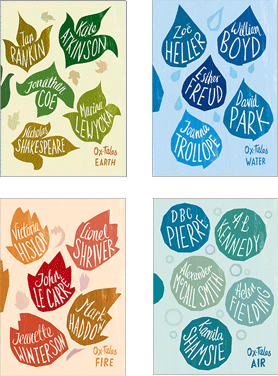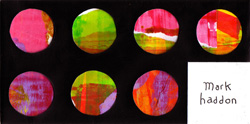a lot of people (mostly but not exclusively younger readers) write to me for advice about writing. where do you get ideas from? how do i start? how do i improve? This is distillation of my replies so that i can direct people here in future instead of scribbling a small part of it on a postcard
1) read, read, read. good cooks love food. good actors love going to the theatre. if you don't love reading you're better off becoming a vet or a plumber.
2) read slowly and examine how it's done. the structure of sentences. the vocabulary. the way adjectives, adverbs, nouns and verbs are used. the way direct and indirect speech is used. who is the narrator? are they a character in the story or an unnamed presence which hovers above those characters? what does the narrator know? can they get inside any character's minds? do they know about the past and the future? how is a story constructed? what are the twists and turns? how is tension built up and relieved...?
3) read your work out loud. preferably to other people. things that work or don't work are sometimes invisible on paper but obvious when heard.
4) edit, edit, edit. very few writers do good first drafts. i do ten, twenty, thirty.
it's hard and often unpleasant work. like climbing a mountain, the whole point is getting to the top. and the view is nearly always worth it.
5) all half-decent writers have a nagging voice in their head telling them which bits work and which don't. maybe you can't hear it yet. maybe you don't want to hear it. maybe you can hear it but you're trying to ignore it because it's suggesting that you bin the last 70 pages. cultivate this voice and learn to trust it.
6) cut, cut, cut. if you can quarry a good short story from a bad novel then it's a victory.
7) most writers start out wanting to express themselves. it's about getting things out of their heads and hearts onto the paper. sooner or later they realise that good writing is about what that piece of paper does to the head and heart of the reader, a reader who knows nothing about you and probably doesn't care. like all good relationships writing means thinking a little less about yourself and more about the other person.
8) philip pullman said that there was only one decent piece of advice for people who wanted to become writers. don't. it's hard, lonely work that is usually badly paid and under-appreciated. people become writers because they need to become writers. and people who need to become writers will, of course, ignore this advice completely.


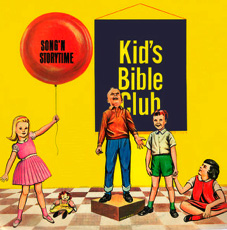
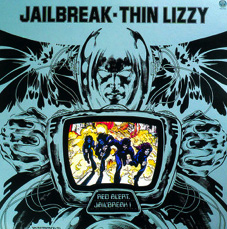

.jpg)
.jpg)
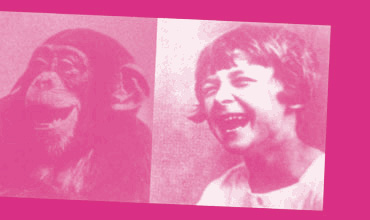

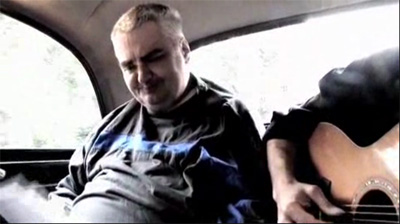
.jpg)
